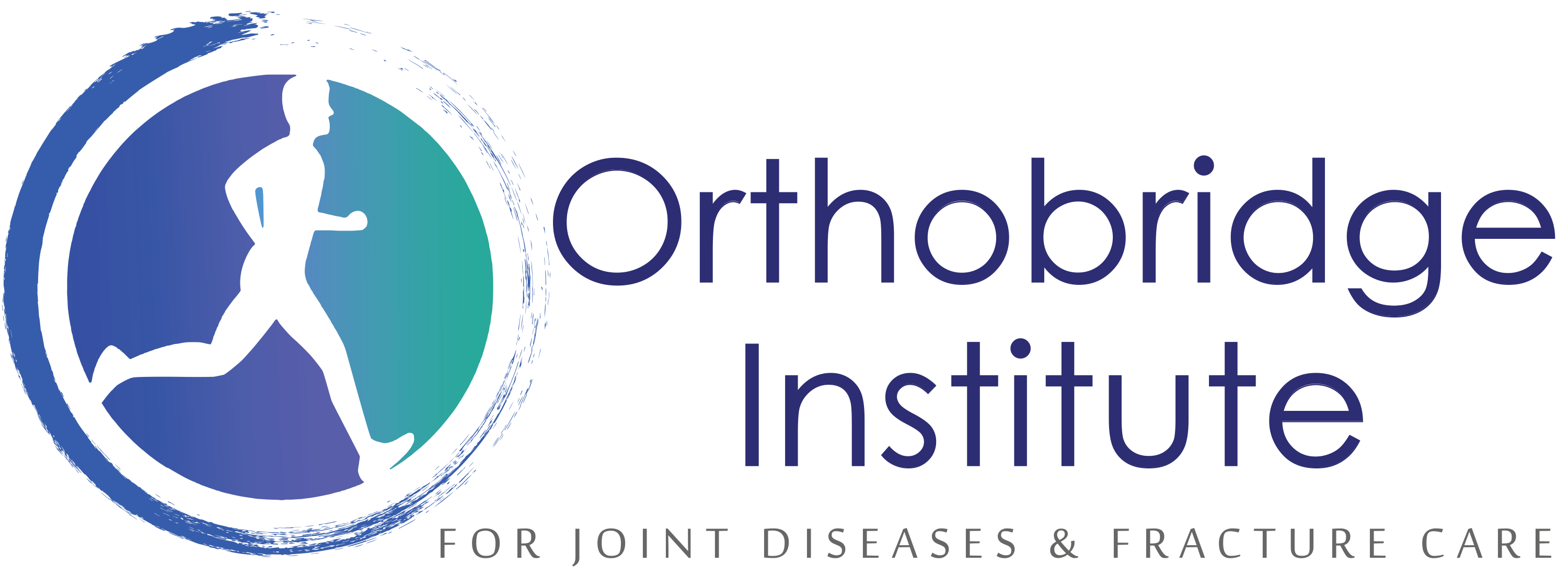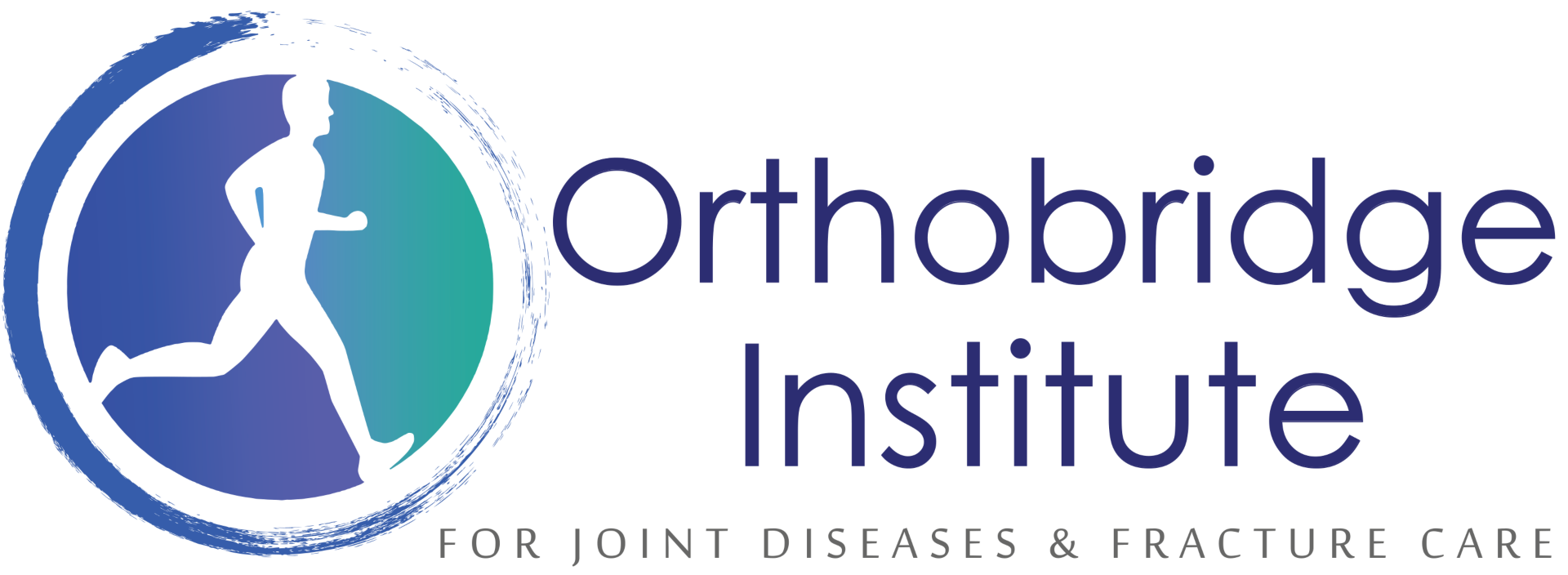Osteogenesis Imperfecta
Providing fully integrated care for your young one at Orthobridge Orthopedic Centre in Kenya.
What is Osteogenesis Imperfecta?
Osteogenesis imperfecta (OI) also known as brittle bone disease, is a genetic disorder in which bones break easily.
OI can cause weak muscles, brittle teeth, a curved spine, and hearing loss.
Osteogenesis imperfecta can range from mild to severe, and symptoms vary from person to person. One may have just a few or as many as several hundred fractures in a lifetime.

OI is caused by one of several genes that aren’t working properly therefore, it affects how you make collagen, a protein that helps make bones strong.
Orthobridge Orthopedics Centre’s lead orthopedic surgeon, Col (Dr) Adari, is experienced in distinguishing between everyday bone fractures and osteogenesis imperfecta.
We work passionately to address all aspects of this condition.
Types of Osteogenesis Imperfecta
Some or all of these genes can be affected in people with OI. Defective genes can produce eight types of brittle bone disease, labeled as type 1 OI through type 8 OI.
The first four types are the most common. The last four are extremely rare, and most are sub-types of type 4 OI.

Here are the four main types of osteogenesis imperfecta:
- Type I, or mild OI, is the most common form. People with this type can live a normal lifespan.
- Type II is a severe form that often leads to death in the first year of life.
- Type III is also called severe OI, people with this type have many fractures starting very early in life and can have severe bone deformities. Many people need to use a wheelchair and often have a somewhat shortened life expectancy.
- Type IV, or moderately severe OI, is similar to type I, although people with type IV often need braces or crutches to walk. Life expectancy is normal or near normal.
Signs and Symptoms of Osteogenesis Imperfecta
The following are the most common symptoms of OI. However, each child may experience symptoms differently.
- bone deformities
- multiple broken bones
- loose joints
- dental abnormalities include weak teeth, discoloration, and decay
- blue sclera, or a bluish color in the white of the eye

Other signs and symptoms are:
- bowed legs and arms
- kyphosis, or an abnormal outward curve of the upper spine
- scoliosis, or an abnormal lateral curve of the spine
- early hearing loss
- respiratory problems
- heart defects
How is Osteogenesis Imperfecta Diagnosed?
Because this is a genetic disorder, your child’s doctor takes a careful family history, a complete medical history together with a physical examination.
Diagnostic procedures for OI may include a skin biopsy to evaluate the amount and structure of collagen.
Your doctor can diagnose brittle bone disease by taking X-rays. X-rays allow your doctor to see current and past broken bones. They also make it easier to view defects in the bones.
Lab tests may be used to analyze the structure of your child’s collagen.
Genetic testing can be done to trace the source of any defective genes.

Treatment Options for Osteogenesis Imperfecta
It can also be determined by the extent of the condition, type of condition, and your child’s tolerance for specific medications, procedures, or therapies.
To date, there is no known treatment, medicine, or surgery that will cure OI. The goal of treatment is to prevent deformities and fractures and allow the child to function as independently as possible.

Treatments for preventing or correcting symptoms may include:
- Care of fractures
- Surgery
- Rodding – A procedure to insert a metal bar the length of a long bone to stabilize it and prevent deformity.
- Dental procedures
- Physical therapy
- Use of devices, such as wheelchairs, braces, and other custom-made equipment
Management of Osteogenesis Imperfecta
Management of this condition includes focusing on preventing or minimizing deformities and maximizing the individual’s functional ability at home and in the community.
Management of OI is either non-surgical or surgical. Non-surgical interventions may include one or more of the following:
- Physical therapy
- Positioning aids (to help sit, lie, or stand)
- Braces and splints (to prevent deformity and provide support or protection)
- Medications
- Psychological counseling

Surgical interventions may be considered to manage the following conditions:
- Fractures
- Bowing of bone
- Scoliosis-A lateral, or sideways curvature and rotation of the backbones (vertebrae), giving the appearance that the person is leaning to one side.
- Heart problems
- Surgery may also be considered to maintain the ability to sit or stand.
Team Approach to Osteogenesis Imperfecta Care
Experts at Orthobridge Institute, an orthopedic center in Nairobi, Kenya offer a variety of supportive services to help educate parents and children about osteogenesis imperfecta. Our orthopedic specialists in Kenya can help you and your child to prevent bone and other injuries and to address your concerns about your child’s safety. This is especially helpful to parents of children who enjoy playing sports.
Our team teaches you and your child exercises that strengthen muscles and build bone mass without putting pressure on fragile bones.
We also provide education and information to parents about which activities are safe for a child with osteogenesis imperfecta, and how to carry a young child or baby who has a severe form of the condition without causing injury.
Hear from some of our patients
Out of country patients
Because of Col (Dr) Adari’s extensive training and experience in elbow arthroscopy, patients travel from all areas of the world for their elbow arthroscopy in Kenya.
If you are an out of the country patient, feel free to let us know so we can accommodate an appropriate time for your consultation with Col (Dr) Adari.
Col (Dr) Adari is known as a top-rated orthopedic & trauma surgeon for elbow arthroscopy in Nairobi, Kenya, and across East Africa, Central Africa, and West Africa.
If you are work – traveling expatriate on diplomatic missions, feel free to contact us so we can accommodate an appropriate time best suited to you for your consultation with Col (Dr) Adari.
Contact us today to reserve your consultation, we are more than happy to assist you with any queries you may have prior to seeing the doctor.
Our Affiliations





















